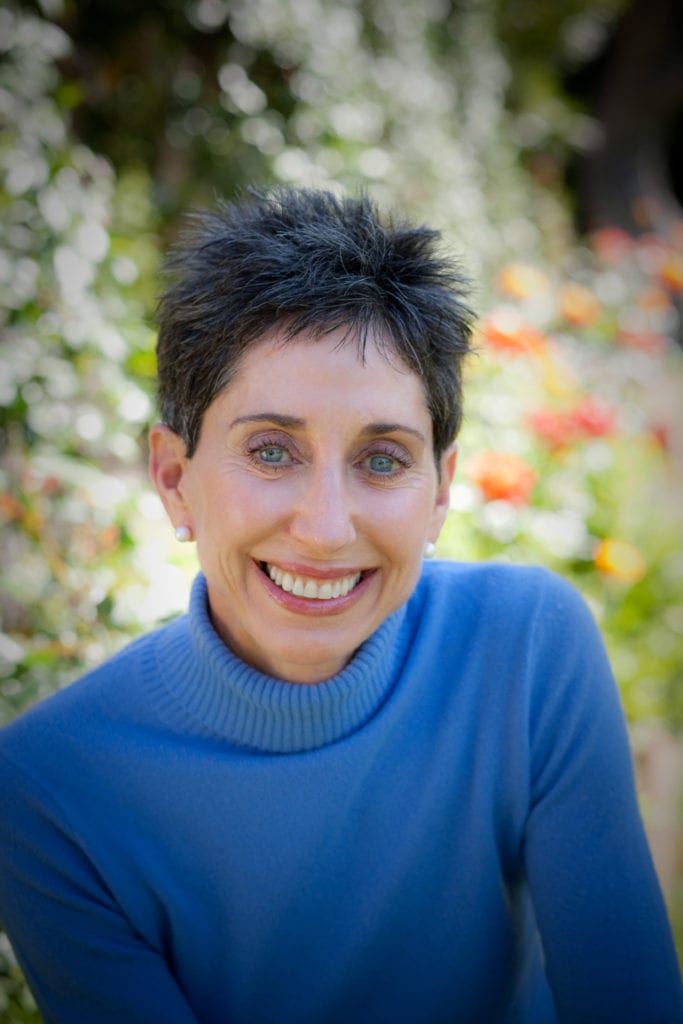
When it comes to choosing a private school for your child, the stakes can seem incredibly high. The hope is that if you choose the right preschool, she’ll get into the right grade school, followed by excellent middle and high schools and, ultimately, a top-tier college. While the school your child attends isn’t necessarily a guarantee of future success, it is worth making the extra effort to secure a spot at a school that you feel would best fit your child’s academic needs.
If you’re a first-time parent who is just beginning the school-application process, it can feel overwhelming. There’s no need to panic, however, because we asked best-selling author and Pacific Palisades-based school consultant Betsy Brown Braun to share her tips for finding (and getting into!) the best school for your child.
1. Know your child. Believe it or not, it is possible to tour too early. Wait to begin looking at elementary schools until your child has some preschool experience, because it will reveal what kind of learner your child is, and in what kind of environment he will thrive. Not all schools subscribe to the same educational philosophy, with some being very progressive, others more traditional and some very academic. “You can’t start this [process] when your child is 3,” says Braun, “because you have no idea.”
2. Tour a wide variety of schools. Look at every single school that you can possibly manage to fit into your schedule. Ideally, you’ll have the opportunity to tour every school that you think might be a possibility. While this may sound daunting, Braun stresses that it’s important. “The better educated you are, the better able you are to evaluate a school and see about goodness of fit,” she says.

3. Location, location, location. Be realistic about how much of a commute you and your child can handle. Even if the school offers a bus, it may not be in the best interest of your child to have him on a bus for hours every day. Braun also points out that attending a school on the opposite side of town can be an obstacle to your child making friends. “It makes play dates impossible,” she says. “You don’t get included because no one will come to your house, and then if you want to go and participate in the school, it’s very hard to do.”
4. Have a back-up plan. Private schools are highly competitive, especially in large cities where the quality of the public schools is uneven. If you’re committed to your child attending a private school, you need to apply to more than three to five schools. “Even if you apply to five schools, there’s no guarantee that you’ll get into one of them,” she points out.
5. Be your best self. The admissions interview is the one chance for the school to get to know you, so be the person that you want them to know. Above all, be honest. Schools find out everything about you, so don’t obfuscate about your child or your family. Purposefully omitting that your child went to occupational therapy, for example, or was a late language developer only serves to reflect badly on you for not being completely forthcoming. Braun also advises applicants to do what the school asks you to do. Don’t push the envelope, ask for special favors or brown-nose. “Don’t be annoying,” says Braun. If you’re pushy and annoying during the application process, the school is going to assume that you’ll be just as irritating once your child is a student.

6. Get meaningful recommendations. While it can be tempting to ask anyone with even a slight connection to your first-choice school to put in a good word, Braun stresses that it’s important to only ask for recommendations from people who actually know your child. A letter of recommendation from your child’s preschool director should suffice, but if you do feel the need to secure additional endorsements, focus on getting them from current families with whom your child is friendly.
Remember, the specific school doesn’t matter so much as it being the right fit for your unique child. “Above all else,” Braun says, “you want to put your child in a context, in a situation, where he or she has the best chance of having a satisfying, fulfilling elementary school experience.”
Anna Lane is a writer and editor who currently resides in L.A. with her husband and two children.
























